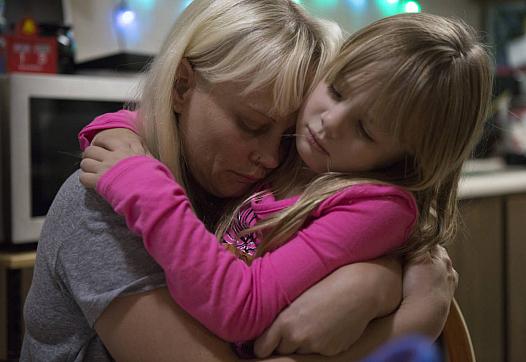
Reporter Laura Klivans followed Sabrina Hanes through her daily routine in Paradise last summer, to learn how she’s developed resilience. She caught up with Hanes after the fire to find out what happens next.

Reporter Laura Klivans followed Sabrina Hanes through her daily routine in Paradise last summer, to learn how she’s developed resilience. She caught up with Hanes after the fire to find out what happens next.
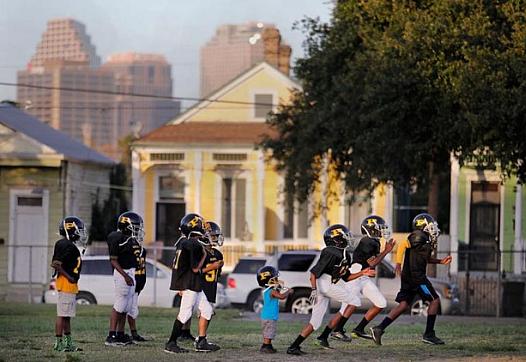
The team tells how they wrapped their arms around a huge story: the impact of violence on children in one of the most dangerous neighborhoods in one of the country’s most violent cities.
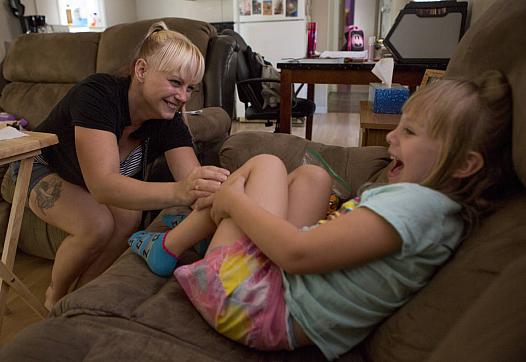
As many Paradise residents work to piece their lives back together they have the added weight of trauma from the Camp Fire.
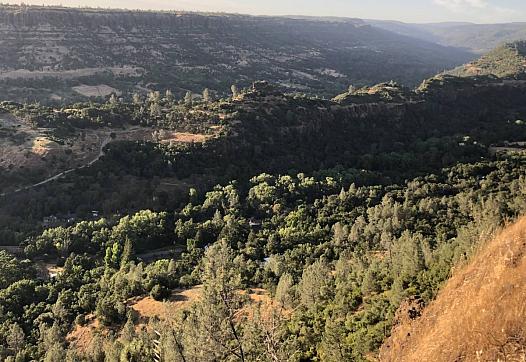
Reporter Laura Klivans visited Paradise this summer for her reporting on childhood trauma. All the places she visited have now burned down. She takes a moment to look back.
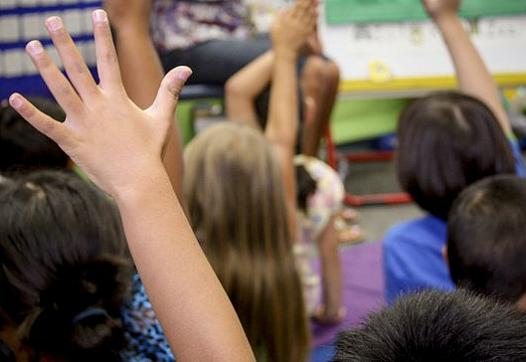
With an early-learning advocate now headed for the governor's office, the state's First 5 commissions say it's time to link pre-K and K-12 data to boost student success.

In light of the November 7 mass shooting in Thousand Oaks, California, the Center for Health Journalism is sharing some past reporting and resources for reporters who find themselves covering tragedies such as this.
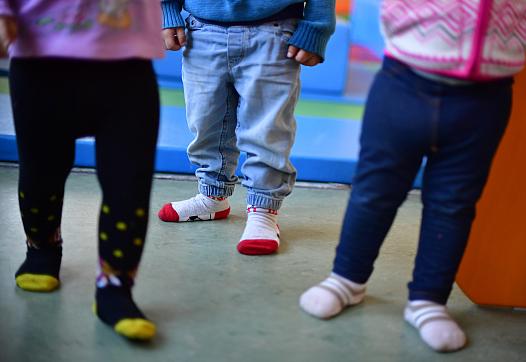
Earlier is always better when it comes to interventions to help kids, right? Not necessarily, according to two recent meta-analyses from UK researchers.

For Hmong Americans, patchwork and embroidery are keys to preserving history and documenting the future.
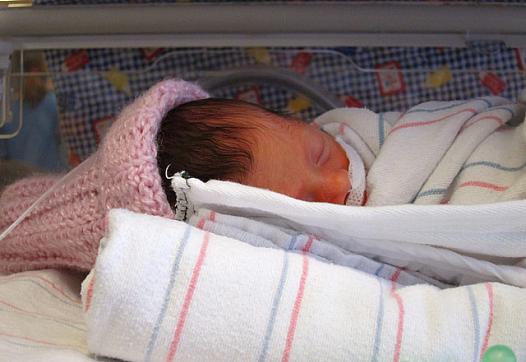
A recent study finds preemies had 1.6 times the risk of being readmitted to the hospital within their first year for injuries from physical abuse and neglect.
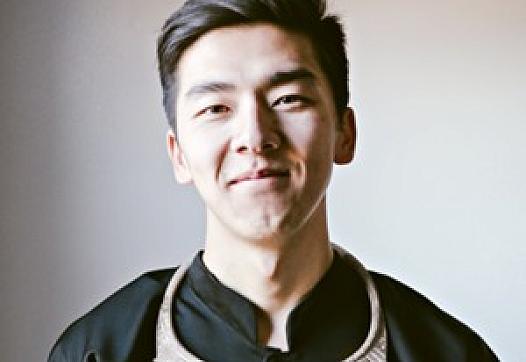
"It was Laos, and the elders, that taught me that we create community and community creates us," writes Vlai Ly, a Hmong-American writer and photographer working in Sacramento.